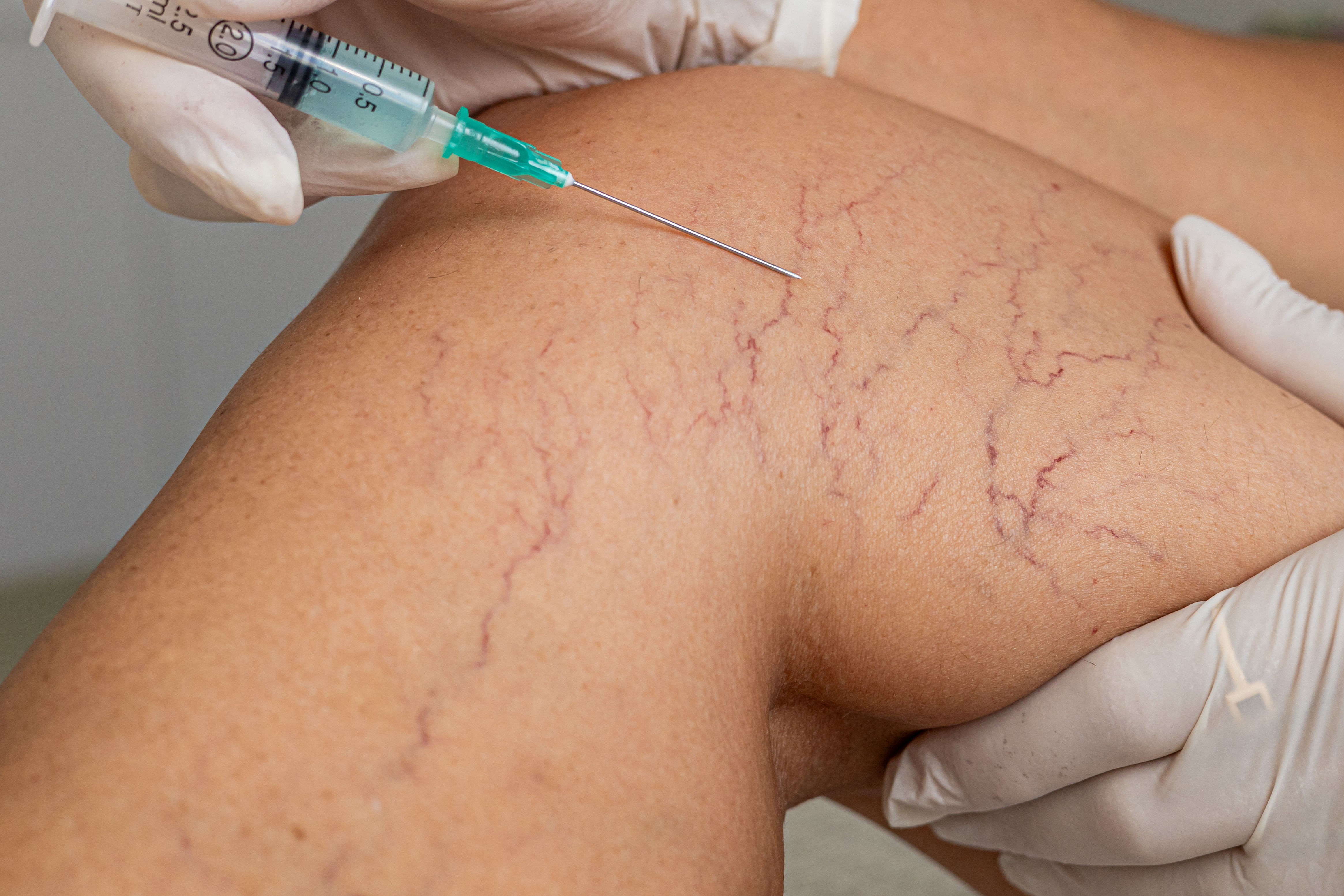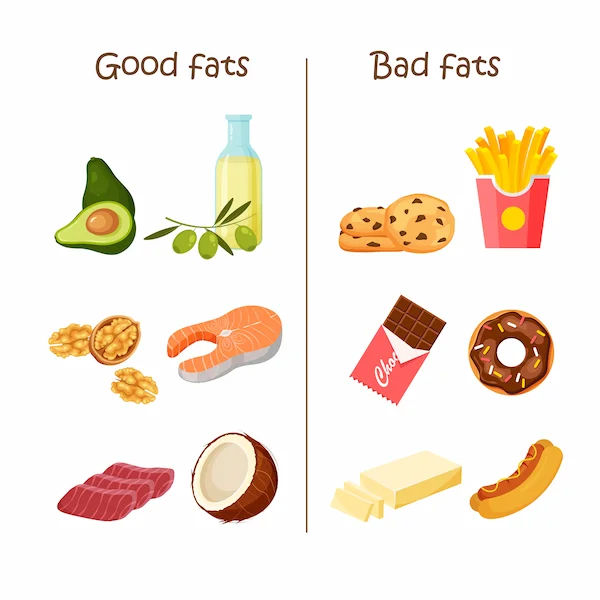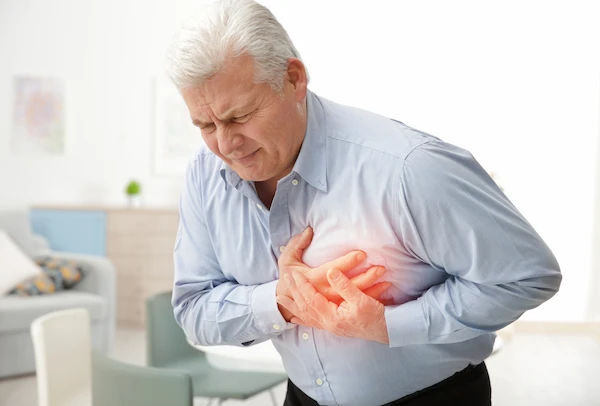- Female
- 14 Years
- 22/01/2025
Hey, I went to the doctor and got tested for heart palpitations, but everything came back normal. I'm supposed to go back in January, but today I experienced heart palpitations for about 40 minutes, and my heart rate was at 130. I felt really hot and a bit faint. I'm on my period, been feeling super stressed, and my eating habits haven't been great these past few weeks. Is this something normal because of all that, or should I be worried?
Answered by 1 Apollo Doctors
yes u can use it, visit ur physician for apprpropriate managent
Dr. Dr Khaleel Suggests...
Consult a Cardiologist
Answered 04/07/2025
0
0


Ask Apollo
AI powered Health Chatbot
-
Immediate Actions: a. Rest in a cool, quiet place. b. Hydrate with water. c. Practice deep breathing to reduce stress.
-
Monitor Symptoms: a. Note any recurring palpitations or additional symptoms like chest pain or shortness of breath. b. Keep a log of episodes, including duration and associated activities.
-
Consultation Advice: a. Contact your healthcare provider if palpitations persist or worsen. b. Discuss stress management and dietary habits during your next appointment.
-
Lifestyle Recommendations: a. Prioritize balanced meals and regular hydration. b. Incorporate stress-reducing activities like yoga or meditation.
Answered 20/08/2025
0
0
More Cardiology Health Queries
View allI've been trying to understand my recent lipid profile test results and I'm a bit confused. My triglycerides are at 192, which seems high to me. I'm vegetarian and steer clear of fast and fried foods, so I'm not sure why my triglycerides would be elevated. I exercise every day and my weight is around 70 kg with a height of 5'6". I've been taking whey protein for the past two monthscould that be causing the increase in my triglycerides? I've stopped using whey last week and am currently on Ecosprin Av 7520 for the past two days. How can I best lower my triglycerides and boost my HDL levels? Would adding omega-3 to my diet be a good idea? I'd appreciate any suggestions.
Triglyceride level of 192 mgdL is slightly above the normal range (normal range is less than 150 mgdL), but it is controllable. It's good that you are already taking steps to address this issue. Whey protein can sometimes lead to increased triglyceride levels in some individuals, so stopping its intake was a good decision. To lower triglycerides and increase HDL, you can consider adding Omega-3 fatty acids to your diet. Omega-3 fatty acids, found in fish oil supplements or fatty fish like salmon, have been shown to help lower triglyceride levels and improve HDL cholesterol. You can try brands like Lovaza or Vascepa, with a dosage of around 1-4 grams per day, as recommended by your healthcare provider. In addition to Omega-3 supplements, maintaining a healthy diet rich in fruits, vegetables, whole grains, and lean proteins, along with regular exercise, can also help improve your lipid profile. It's important to continue monitoring your levels and follow up with your healthcare provider for further guidance and adjustments to your treatment plan.
Answered by 1 Apollo Doctors
I'm really concerned about my mom. She's got a heart rate that's sitting at 100 bpm. What can we do to bring it down to a normal range? Could you suggest any steps, actions, or medications that might help?
To lower her heart rate to a normal level, she can try relaxation techniques such as deep breathing exercises, meditation, or yoga. It is also important for her to stay hydrated, avoid caffeine and nicotine, and get an adequate amount of sleep. If these lifestyle changes do not help, she can consider taking a beta-blocker medication such as Metoprolol to help lower her heart rate.
Answered by 1 Apollo Doctors
I'm 28 years old and I'm trying to understand if my pulse rate is normal. My blood pressure readings are around 12080 to 13084 and my pulse rate usually ranges between 96 to 106. Should I be concerned about my pulse rate? Would love to hear your advice.
its completely normal
Answered by 1 Apollo Doctors
Disclaimer: Answers on Apollo 247 are not intended to replace your doctor advice. Always seek help of a professional doctor in case of an medical emergency or ailment.

 Should I stop my period to reduce palpitations?
Should I stop my period to reduce palpitations? 



